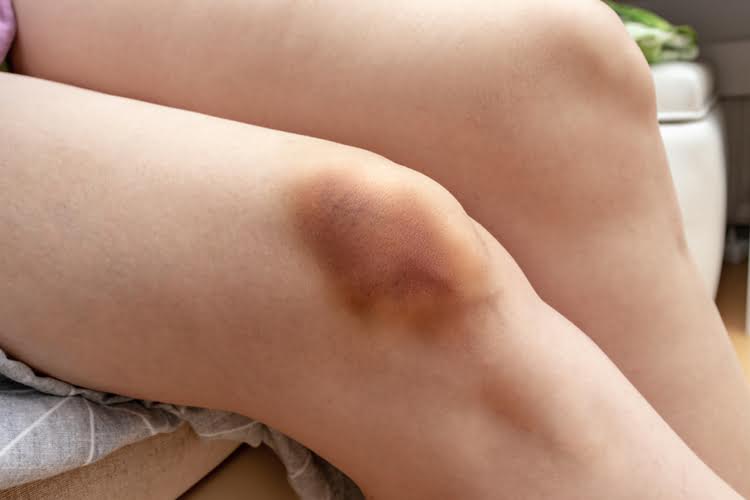You may use alcohol as a way to relax on occasion or to deal with stress. In this phase, it is possible that you’re not experiencing negative side effects as a result of drinking, and there are not many – if any – external warning signs that you could be Substance abuse developing AUD. Join our supportive sober community where each day becomes a step towards personal growth and lasting positive change. Gillian Tietz is the host of the Sober Powered podcast and recently left her career as a biochemist to create Sober Powered Media, LLC. When she quit drinking in 2019, she dedicated herself to learning about alcohol’s influence on the brain and how it can cause addiction. Today, she educates and empowers others to assess their relationship with alcohol.
How can understanding the stages of recovery help individuals with addiction?

In early recovery, addicts usually enter into some type of treatment or have sought out outside therapies for their issues. It is at this point in the stages of recovery that stages of getting sober they stop using, learn about addiction, and begin to learn alternate coping skills other than drugs and/or alcohol. Many people have different definitions regarding what recovery from addiction consists of.
- Although it may be tempting for addicts to quit cold turkey, research has shown that those who spend more time in the preparation stage of recovery are more likely to have sustainable success.
- Reach out to professional treatment providers, support groups, or mental health professionals for assistance.
- For most people detoxing from alcohol, symptoms subside after five days.
Can You Do the 12 Steps Without a Sponsor?
Dr. Carlton was a medical director of Community Bridges and medically supervised the medical detoxification of over 30,000 chemically dependent patients annually. During the next phase, all the new behaviors and habits developed during the first three https://ecosoberhouse.com/ months are maintained. It can also be dangerous and should never be attempted without medical supervision. But long-term abuse increases the likelihood of permanent kidney damage and failure.
- It’s important to remember that different individuals respond differently to various therapeutic approaches.
- Stopping alcohol won’t just put a bit of extra change in your pocket; it has the potential to have a sizable impact on your income and the lifestyle you can live.
- Groups like Alcoholics Anonymous (AA) and Narcotics Anonymous (NA) follow a 12-step program that encourages self-reflection, personal growth, and accountability.
- Dr. Bishop is also a certified open water scuba diver, he enjoys fishing, traveling, and hunting.
- This phase is important for individuals seeking sustained wellness after completing detox and rehab.
What Is Alcohol Withdrawal Syndrome?
However, every person is different and the severity of the withdrawal symptoms can vary from person to person depending on the extent of alcohol use and the person’s underlying health status. The severity of the withdrawal response after discontinuing alcohol depends on the duration of alcohol use and the quantity of alcohol consumed. People who have consumed alcohol for 1 to 3 months or drunk large quantities of alcohol for 7-10 days typically experience withdrawal symptoms lasting for 6-24 hours after they stop drinking. Those with a longer history of alcohol consumption or heavier drinking may experience more severe withdrawal symptoms lasting for 2 weeks or longer. According to the National Institute on Drug Abuse, 40 to 60 percent of those in addiction recovery experience a relapse after completing rehab. The risk for relapse reduces during the adjustment stage of meth recovery.
Effective Relapse Prevention Strategies

Recovering from addiction requires a strong support system to navigate the challenges and maintain sobriety. Here are three key sources of support that can be instrumental in the journey to getting clean and sober. At Virtue Recovery Center, we’re here to help you every step of the way. Our dedicated team of professionals is committed to providing the compassionate care and expert guidance you need to start your journey to recovery. Contact us today, and let’s work together to create a brighter, healthier future for you.


